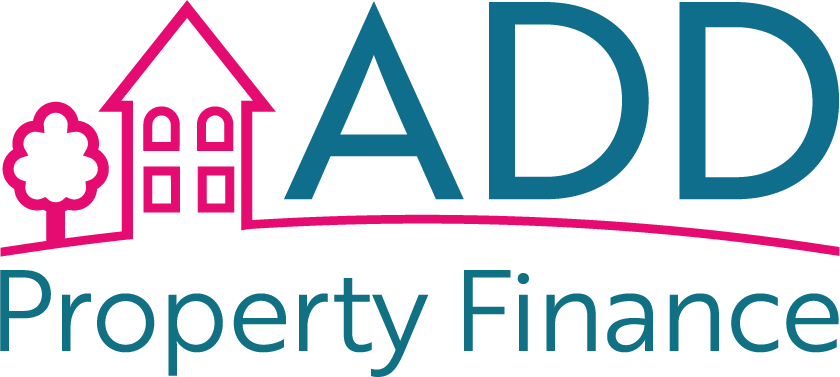Homeownership often presents various financial opportunities and challenges, and one of the decisions homeowners may face is whether to opt for a second charge mortgage or go for the more conventional route of remortgaging. In this article, we’ll provide guidance on when homeowners should consider choosing a second charge mortgage over remortgaging their property and explore scenarios where this alternative approach makes financial sense.
Understanding the Basics: Second Charge Mortgage vs. Remortgaging
Before we delve into the scenarios, let’s briefly recap the key differences between a second charge mortgage and remortgaging:
Second Charge Mortgage
- A secured loan against your property, ranking second in priority after your primary mortgage.
- Allows you to access additional funds using the equity in your home as collateral.
- Doesn’t replace your existing mortgage but operates alongside it.
- Typically comes with slightly higher interest rates than first charge mortgages due to the increased risk to lenders.
Remortgaging
- The process of replacing your existing mortgage with a new one, usually to secure better terms, interest rates, or to release equity.
- Involves paying off your current mortgage and taking out a new, larger mortgage.
- Often comes with competitive interest rates for borrowers with good credit and favourable market conditions.
Now, let’s explore situations where opting for a second charge mortgage may be the preferable choice:
1. Retaining a Competitive First Mortgage Rate:
- If you currently have a highly competitive interest rate on your first mortgage, you may not want to remortgage and lose that rate. In this case, a second charge mortgage allows you to access additional funds without affecting your existing mortgage terms.
2. Borrowing a Substantial Amount:
- When you need to borrow a significant sum of money, such as for extensive home renovations or debt consolidation, a second charge mortgage often provides access to larger loan amounts compared to personal loans or credit cards.
3. Poor Credit History:
- If your credit history has some blemishes, you may find it challenging to secure a remortgage with favourable terms. Second charge mortgages may be more accessible since they are secured against your property, making lenders more willing to work with homeowners with credit issues.
4. Unique Financial Situations:
- In some cases, homeowners may have unique financial situations that make remortgaging less practical. For instance, if you have an interest-only mortgage and wish to borrow more, remortgaging might require changing to a repayment mortgage. A second charge mortgage allows you to borrow without altering your primary mortgage structure.
5. Short-Term Financial Needs:
- When you require funds for a relatively short period, such as for a business venture or investment opportunity, a second charge mortgage with its typically shorter application process can be a more efficient choice compared to the more extensive remortgaging process.
6. Flexibility in Repayment Terms:
- Second charge mortgages often offer greater flexibility in repayment terms. This can be advantageous if you want a loan with specific features, such as the ability to make interest-only payments.
In conclusion, the decision to choose a second charge mortgage over remortgaging should align with your financial goals, your current mortgage terms, and your unique circumstances. It’s crucial to consult with a mortgage adviser or financial expert who can assess your situation and help you make an informed choice. By understanding when a second charge mortgage makes financial sense, homeowners can leverage this option to achieve their objectives while preserving the benefits of their existing mortgage terms.







